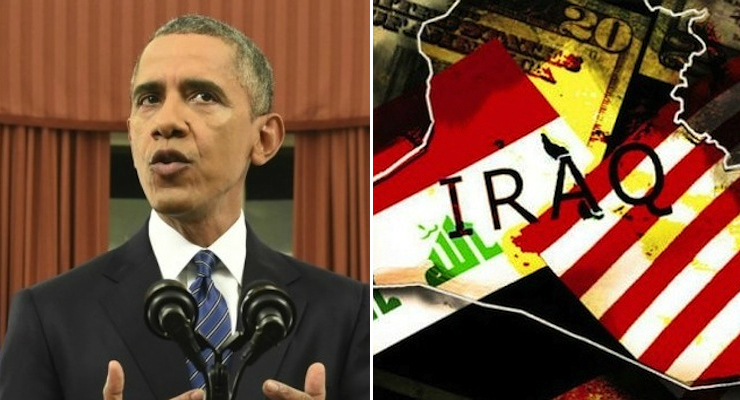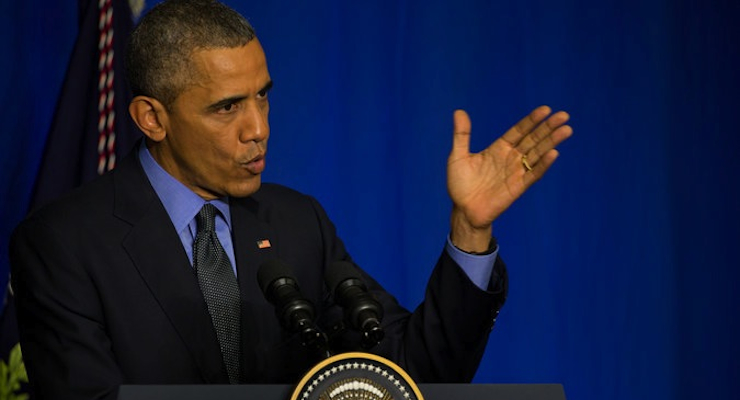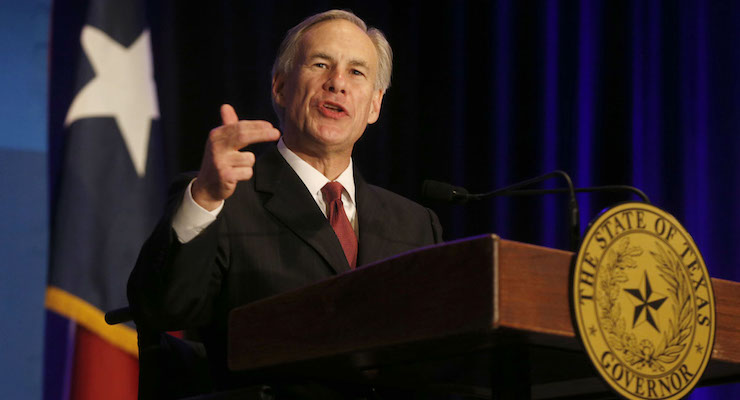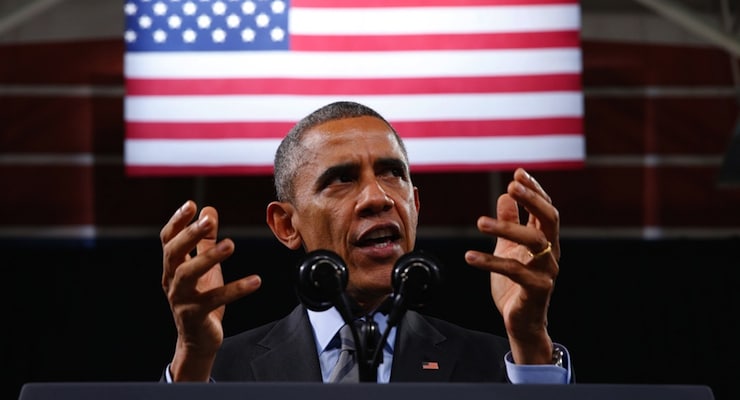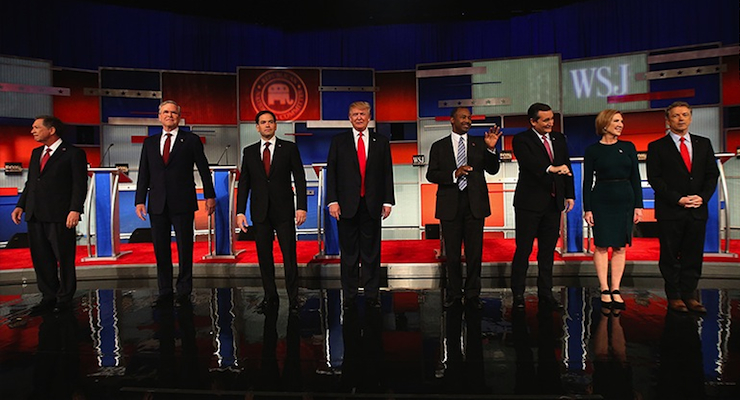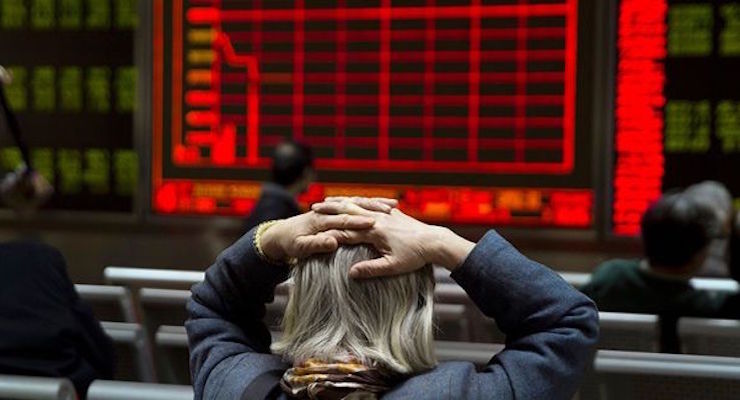Optimism and Obama
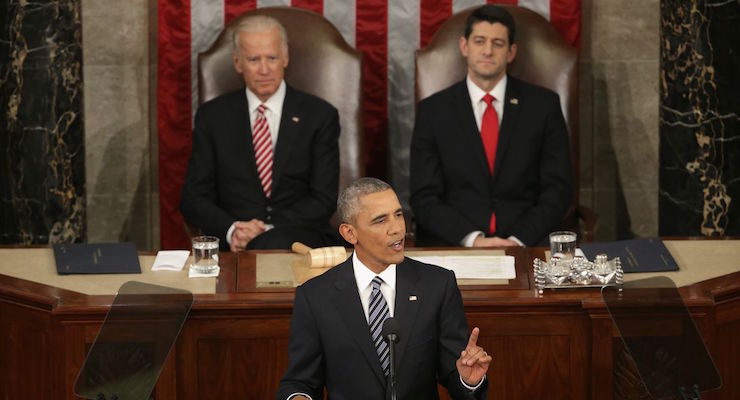
U.S. President Barack Obama, center, gives his final State of the Union (SOTU) address to Congress and the nation on January 12, 2015. (Photo: Alex Wong/Getty Images)
In the commercial that President Obama released prior to his final State of the Union address, Obama said he would tell Congress how “optimistic” he is about America’s future.
Good. Politicians and the media are at their most dangerous when they try to scare us, telling us disaster is on the way unless we follow, and pay for, their latest schemes to “protect” us.
I’m cautiously optimistic about the future, too, if only because our last 200 years have shown that despite politicians’ attacks on open markets and individual freedom, people keep getting richer and living longer.
When Obama talks about the America we are creating together, it would be more honest if he congratulated Americans for all the progress we make despite government fighting us at every turn — with taxes and regulations and booming debt that lowers the value of each dollar.
Of course, presidents want to be remembered positively, and Obama’s cheerleaders are eager to put a happy spin on things in his final year in office.
Michael Grunwald at Politico decided to help with a piece about Obama’s policy accomplishments, describing America as “the nation he built.” Obama once told us that if you have a business, “you didn’t build that,” so I guess now we know who does the building.
Grunwald praises Obamacare for expanding the number of Americans with health insurance and points out that, at the same time, the administration also sneaked through a government takeover of student loan debt. John Boehner was correct to complain that “the president will sign not one, but two job-killing government takeovers.”
But Grunwald says that sticking taxpayers with billions of dollars of student debt was part of the “relentless government activism” needed to give America “a profound course correction” that also changed “the way we produce and consume energy, the way doctors and hospitals treat us, the academic standards in our schools and the long-term fiscal trajectory of the nation.”
All that is true, if by changing how we consume energy he means shutting down pipelines while ignoring private industry’s wonderful fracking revolution.
If by changing the way doctors treat us he means locking still more people into bureaucracies instead of letting a true health market flourish.
If academic standards mean imposing weird testing regimens and teaching methods like Common Core.
And if “long-term fiscal trajectory” means nearly doubling our federal debt, now almost $19 trillion, and doing nothing to slow America’s coming entitlements bankruptcy.
Leftists can credit Obama with policy successes because Obama often outmaneuvered Republicans and got bills he wanted. Unfortunately, the left rarely looks closely at whether those bills really made Americans better off.
Grunwald says Obama’s $800 billion stimulus package crammed in a whole administration’s worth of programs in one go — but Grunwald adds only in passing that economists don’t agree on whether the stimulus accomplished anything good.
That’s the whole problem. Politicians unleash programs — the more complicated the better — and then take credit later for anything good that happens, blaming the bad things on their political opponents.
It usually takes years to figure out what the programs’ real impacts were, if we ever do. People still argue — 80 years later — about whether the New Deal prolonged or helped end the Great Depression.
We don’t know if the country is better or worse off because of “relentless government activism.” We libertarians argue that government helps us by keeping the peace and providing a level playing field but that beyond that, most government intervention does harm. That’s why we’re better off if individuals can pick and choose which things work for us.
In a real marketplace, individuals go to the schools we choose, buy health care we want and pay our own debts.
I’m optimistic about America, too — but not because we “come together” and function as a single union. I’m optimistic because in most areas of life, we’re still free to make our own decisions.
Obama would be more honest if he



